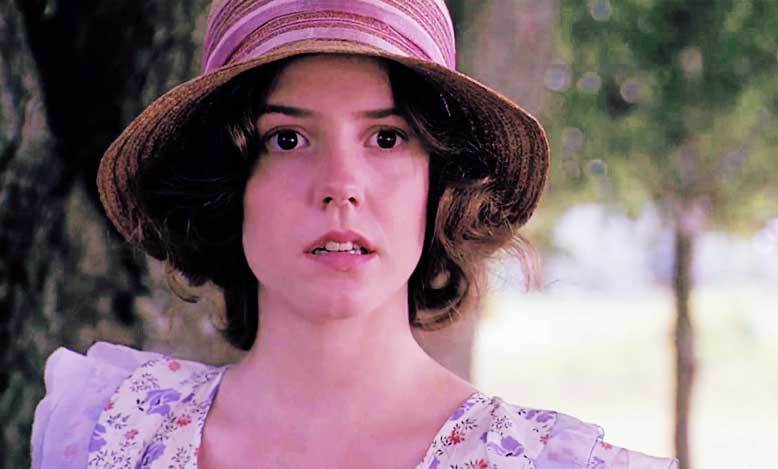
A Woman of Grace in a World of Turmoil
In Fried Green Tomatoes, many viewers are drawn to the wild spirit of Idgie Threadgoode, but it is Ruth Jamison, portrayed with heartbreaking tenderness by Mary-Louise Parker, who anchors the emotional core of the story. Ruth’s gentle resilience, quiet suffering, and unwavering love stand in stark contrast to the chaotic and judgmental world around her. Her life, marked by both tragedy and devotion, offers one of the most compelling portrayals of feminine strength and emotional sacrifice in cinema.
The Early Shadows: Trapped by Convention
Ruth begins her adult life bound by the rigid expectations of early 20th-century Southern society. She marries Frank Bennett, a man who quickly reveals himself to be abusive, cruel, and controlling. Her story could have ended there—another woman silenced by domestic violence in a time when such suffering was hidden behind closed doors. But Ruth’s decision to leave Frank is her first act of courage, and it’s one that forever alters her path. When she escapes with her infant son, she doesn’t just run away from a man—she runs toward a version of herself she’s never known, one shaped by freedom, community, and most of all, love.
A Love That Dared Not Speak Its Name

When Ruth arrives at the Threadgoode household, Idgie takes her in, both physically and emotionally. Though the film leaves their relationship ambiguous, the depth of their bond is unmistakable. Ruth and Idgie share a kind of love rarely portrayed with such nuance on screen—intimate, spiritual, and enduring. Their affection defies labels, existing outside the bounds of what society deemed acceptable. In many ways, Ruth represents the quiet revolution of the heart: a woman willing to abandon social approval in exchange for true belonging and love.
Motherhood and Sacrifice
One of Ruth’s defining roles is that of a mother—not just to her biological son, Buddy Jr., but to the broader Whistle Stop community. She brings warmth and steadiness to The Whistle Stop Café, offering comfort food and compassion to the townspeople who frequent it. Her nurturing nature radiates outward, even while her own health declines. Ruth’s love for her son, for Idgie, and for the life they’ve built is so encompassing that she gives everything she has to protect it. Even as illness overtakes her body, her spirit remains unyielding, offering strength to those around her.
The Power in Her Passing
Ruth’s death is among the most heartbreaking moments in Fried Green Tomatoes, not only because of the loss itself but because of what it symbolizes. Her final moments are filled with grace. She smiles through her pain, reassuring Idgie and Buddy Jr. with a peaceful serenity that only deep love can offer. Her death is not a defeat; it’s a testament to how fully she lived once she chose her own path. Her legacy is etched into every plate of fried green tomatoes, every laugh shared at the café, and every memory that Idgie carries forward.
A Legacy of Quiet Revolution
In a film filled with bold characters and dramatic twists, Ruth Jamison stands as a quiet revolution. She doesn’t shout or rebel in the traditional sense. Instead, her rebellion lies in her capacity for love, forgiveness, and healing. She challenges societal norms not through confrontation but through compassion. And in doing so, she changes lives.
Through Mary-Louise Parker’s delicate, soulful performance, Ruth becomes more than just a supporting character—she is the heart of Fried Green Tomatoes. Her journey from victim to protector, from a frightened wife to a fiercely loving partner and mother, offers viewers a model of inner strength that is as relevant today as it was in the era the film portrays.
